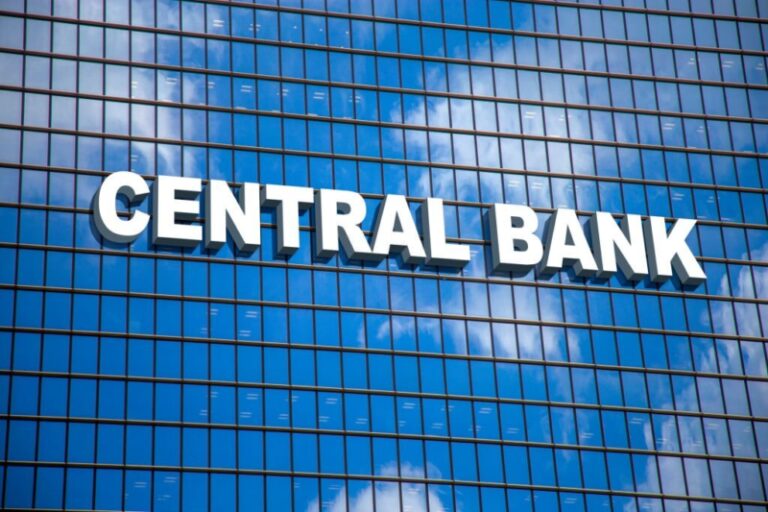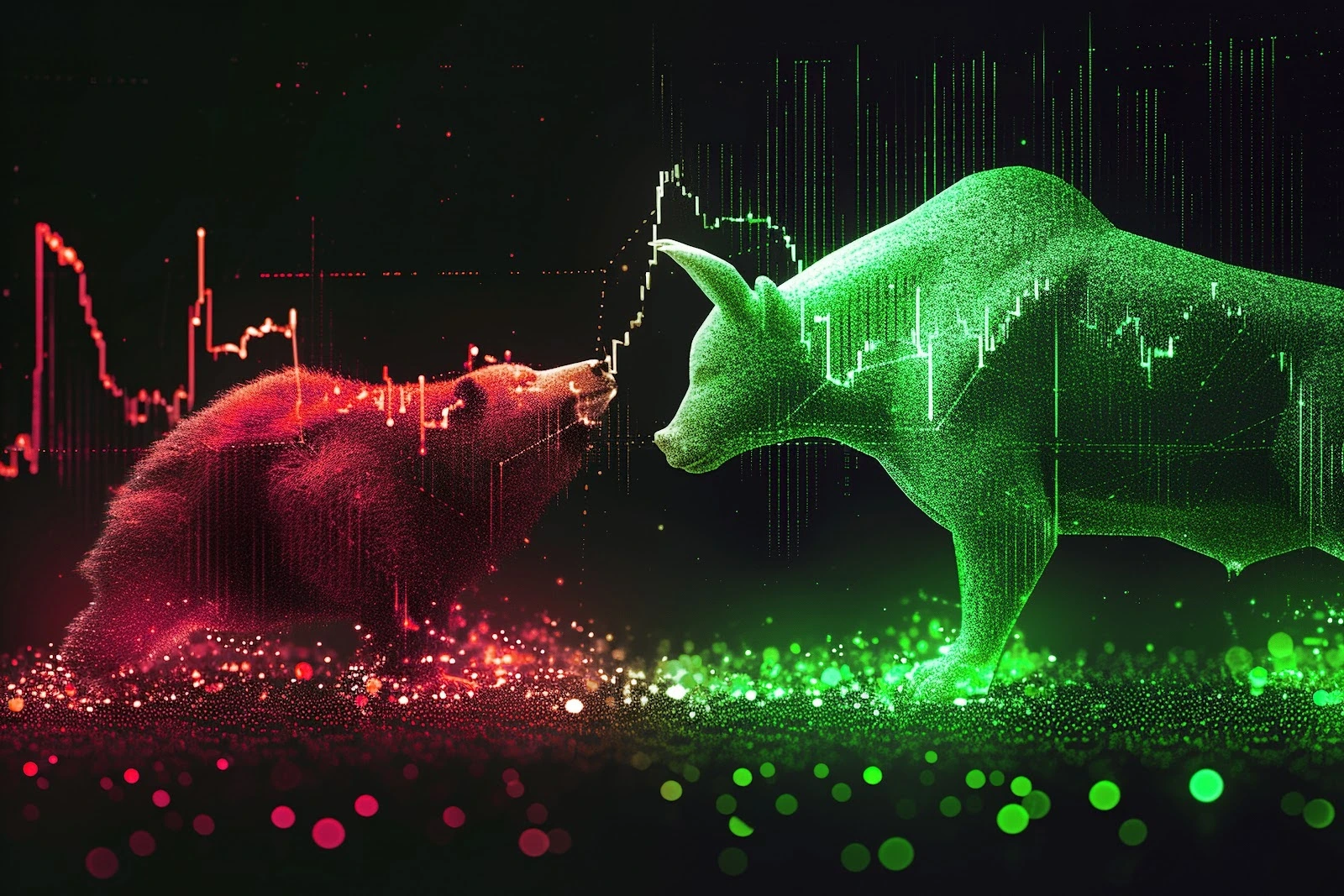




In 2024, African central banks have been adjusting their monetary policies in response to rising inflation and currency depreciation issues. This trend is influenced significantly by the US Federal Reserve's rate cuts, which have had ripple effects on global economies, including those in Africa [4e1705af]. Countries such as Kenya, South Africa, Rwanda, and Mozambique have opted to cut interest rates to stimulate their economies. For instance, South Africa has reduced its rate to 7.75%, while Kenya has seen its inflation ease from 6.9% in January to within target ranges [4e1705af].
Conversely, nations like Egypt, Nigeria, and Angola have raised their interest rates to combat inflationary pressures. Egypt's rate was hiked to 27.25%, Nigeria's rate stands at 27.5% amid a staggering 34.6% inflation rate, and Angola's rate closed at 19.50% [4e1705af]. The economic landscape is further complicated by Nigeria's Naira, which has depreciated by 46%, reflecting the severe currency challenges faced by the country [4e1705af].
In addition to these developments, Ghana's inflation rate was reported at 23% in November, and Zambia's interest rate remains at 14% with an inflation rate of 16.5% [4e1705af]. The adjustments in monetary policy across Africa illustrate the diverse strategies being employed by central banks to navigate the complex interplay of inflation and currency stability in the current global economic climate.
The skepticism surrounding the Federal Reserve's rate-cutting plans continues to influence investor sentiment globally. The Federal Reserve's preferred inflation metric rose to 2.7% in March, leading to concerns that central banks worldwide may delay rate cuts [057a0527]. This uncertainty is expected to impact global share and cryptocurrency markets, as investors reassess their strategies in light of changing monetary policies [6846e2b2].
Billionaire Mike Novogratz remains optimistic about the potential for Bitcoin and precious metals to surge in value due to potential interest rate cuts, despite the current skepticism [57e0acea]. Meanwhile, the cryptocurrency market has shown signs of recovery after a prolonged downturn, with many digital currencies reaching or nearing record highs [144cce2b]. The interplay between interest rate policies and cryptocurrency adoption is particularly evident in Africa, where rising inflation and currency depreciation have led many to turn to cryptocurrencies as alternative stores of value [66ae244c].
As central banks in Africa navigate these challenges, the adaptability and resilience of African economies are becoming increasingly evident. The transformative potential of cryptocurrencies in emerging markets is also highlighted, as they offer innovative solutions for remittance flows and cross-border transactions [66ae244c].